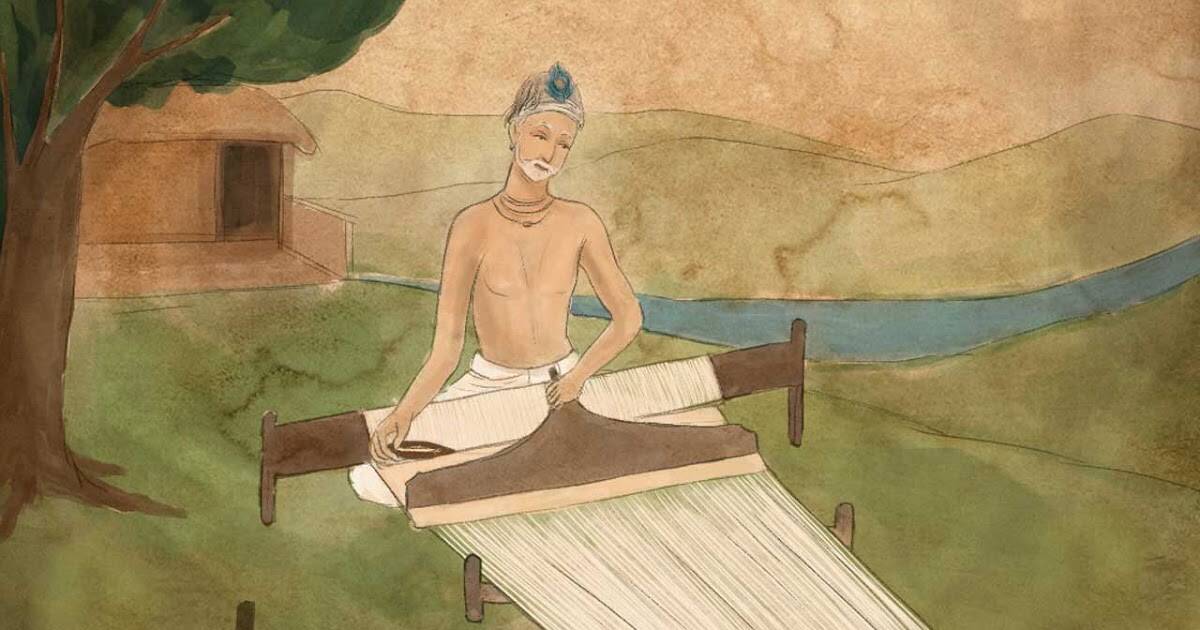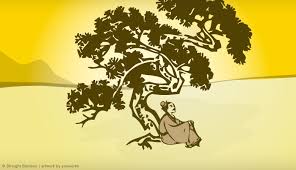The Clockmaker’s Secret Room
In a small town, an old clockmaker named Elias made clocks that never rushed and never lagged. Each tick seemed to breathe.
A child once asked, “Why do your clocks sound like whispers?”
Elias led him to the back room.
There was no noise. Just quiet. In the center stood a large, still pendulum.
“This is where I tune time,” Elias said. “Not with gears—but silence.”
He continued, “The world rushes. I slow it down.”
The child sat. Time felt thick, golden. He didn’t want to leave.
Elias whispered, “Remember: the deepest time keeps no time.”
Commentary
This story is a modern parable about reclaiming sacred rhythm. In a world of hyper-speed, the clockmaker restores slowness. Silence becomes the metronome of soul.
Psychological Reflection
We live in time-debt—overbooked, overstimulated, over-scheduled. But presence requires soul-time. Elias represents the archetype of the “inner clockkeeper” we all carry.
Closing Reflection
- Can I become a clockmaker of my own day today?
- Where can I carve out 10 sacred minutes of stillness?



